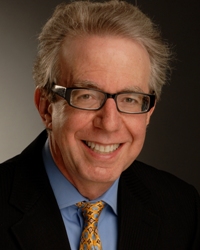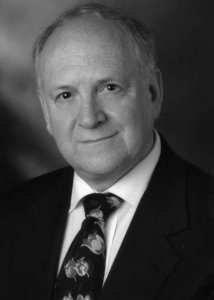
Jonathan Adelman
Professor, Josef Korbel School of International Studies, University of Denver
In the last year Russia has emerged as a major power in the international arena. Its consistent support for the repressive Islamic Republic of Iran that crushed the Green Movement in 2009 and the Assad dictatorship in Syria that has killed over 100,000 people in two years has reaped significant diplomatic rewards for Moscow. In the upcoming negotiations with Iran over its nuclear program, its greatest coup came last month in getting Syria to move to the negotiating table and provide a detailed list of its chemical weapons. Even Egypt, which twice booted out Russia in the '90s, is now rumored to be considering importing Russian weapons and Russian aid in anger over the lack of American support for its military coup over the Islamists and cutting American aid, and has become a major player for trying to resolve seemingly intractable Middle East issues. The news is full of the words and sightings of the brilliant Russian Foreign Minister Sergei Lavrov and his somewhat mercurial President Vladimir Putin. Clearly Russia seems back. But, is this for real or only a temporary interlude?
Russian history provides a sense of deja vu. While major powers have risen and fallen over the centuries (Spain, Holland, France, Germany, Japan, England) or simply risen and gently begun to fall (United States), Russia has gone through the cycle several times. Its earlier incarnations as Kievan Rus, Tsarist Russia and the Soviet Union were respectively destroyed by the Mongol occupation (1240-1480), the Russian Revolution (1917) and the dissolution of the Soviet Union (1991) that created 15 new nations in place of the Soviet Union.
Russia's current emergence as a major power depends greatly upon the fate of rival powers. The Obama unwillingness to exert military power in the Middle East, the European Union's focus on economic problems and consensual decision making, the decline of Japan, the economic issues plaguing India and the preoccupation of rising China with its serious domestic problems (massive corruption, extreme social stratification, extensive air and water pollution) all have provided an opening for Russia.
Can Russia sustain its new role? Clearly in the next few years this is likely. But in the longer run Russia's own deep problems will preclude it from playing a strong international role.
Russia's $2 trillion economy is barely larger than the Canadian economy. Russia's economy is less than 3 percent of global GDP and only 14 percent the size of the American economy. Its agricultural sector is backward and its trade, dominated by exports of oil and gas, is the profile for a Third World, not First World, country. The World Bank rates Russia 112th in the world after Egypt and Pakistan in the ease of doing business while the Transparency Index puts Russia at 133rd in the world for corruption, barely eking out Nigeria (139th). The Russian military performance in Chechnya and Georgia was well below the standard of major powers. Despite the second largest array of scientists and engineers in the world, Russia has no Silicon Valley.
Demographically, several million well-educated Russians in the last 40 years have emigrated to the United States, Europe and Israel. The birth rate, while increasing, remains low. Average life expectancy of 68.6 years leaves Russia more than ten years behind that of life expectancy in the West. Politically, it is a semi-democracy with extensive corruption and state domination of the political system by the Silovik elite (secret police and military personnel). Internationally, while the United States and the Europeans have numerous foreign allies, the Russians can count on only a few small countries such as Cuba and Syria.
Thus, in 2020 or 2030, when China, India and Brazil likely become major powers, the United States rebounds under new leadership and the Middle East hopefully stabilizes, there will be precious little room for Russia to maneuver. Until then, by supporting the status quo, Russia will enjoy a few years until the wheel turns and it once more, as it has does so often in the past, loses much of its power in the world. But, until the inevitable demise, Lavrov and Putin will be center stage as the world once more transits to a new multi-polar order.



_jpg/250px-ElbeDay1945_(NARA_ww2-121).jpg)







